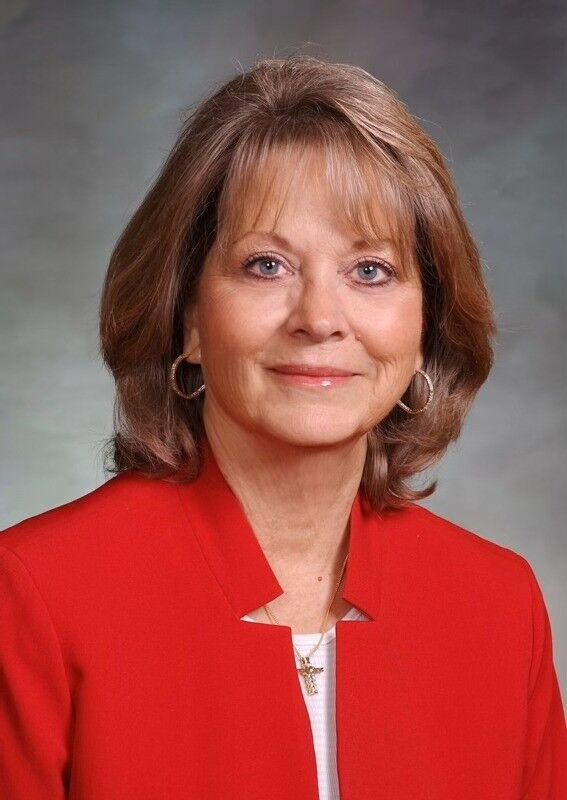Dangerous disservice to not hold dark side of social media accountable | POINT

Social media has changed the way we connect, engage in public discourse and consume news, data and information. According to Top Social Media Statistics And Trends Of 2024 by Forbes Advisor, “The number of social media users worldwide has swelled to a record 4.9 billion people globally. What’s more, this number is expected to jump to approximately 5.85 billion users by 2027.” These are very important numbers to keep in mind when discussing the infamous Section 230 of the Communication Decency Act (CDA).
So, what is Section 230? It is a section of federal law enacted in 1996 that provides immunity from civil liability for online platforms based on content from third parties as well as immunity for limiting or moderating said content (in certain circumstances). It is arguably one of the most powerful laws that protects social media platforms from being held liable for what their users post, while simultaneously providing protection for the ways in which these companies moderate their platforms.
Stay up to speed: Sign-up for daily opinion in your inbox Monday-Friday
Section 230 has increasingly become more controversial as Republican, Democrat and independent policy makers alike have sounded the alarms about its need for reform. Initially, the statute was created and “…meant to nurture emerging internet businesses while also incentivizing them to regulate harmful online content.” However, there is no denying the absolute inability for even the authors of Section 230, U.S. Reps. Ron Wyden and Christopher Cox, to predict the monumental growth and influence social media platforms hold today. These sites have led to increases in suicidal thoughts and acts, self-harm, ease of obtaining illicit products, hate, cyberbullying, misinformation and a decline in collective well-being. You can easily find articles of families whose lives have been upended or destroyed by social media.
We can’t blame everything on Mark Zuckerberg (even if it’s fun) | COUNTERPOINT
A full repeal of Section 230 could devastatingly alter the landscape of social media. To do nothing is immensely irresponsible. Just look at the statistics. Going back to Forbes Advisory, we can see the average person spends more than two hours a day on social media. We also see 39% of social media users state they are addicted, and additional research shows correlations between use of social media and depression for adolescents. It also shows 67% of adolescents report feeling worse about their own lives after its use as well as a correlation of increased mental health struggles.
Like all laws, adjustments must be made overtime to account for societal changes. It would be a disservice to society, not to mention dangerous, to ignore the dark side social media has created in our lives and not have higher expectations for accountability.
Lisa LaBriola is a principal at Husch Blackwell Strategies and was a Senate Democrat staffer for close to a decade. She served as chief of staff to former Senate Minority Leader Lucia Guzman and former Senate President Leroy Garcia. Opinions expressed here are her own and do not reflect the opinions of any other organizations.














